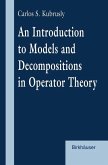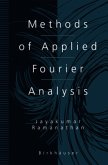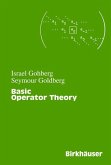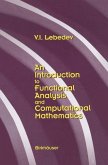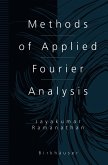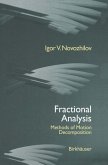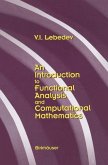By a Hilbert-space operator we mean a bounded linear transformation be tween separable complex Hilbert spaces. Decompositions and models for Hilbert-space operators have been very active research topics in operator theory over the past three decades. The main motivation behind them is the in variant subspace problem: does every Hilbert-space operator have a nontrivial invariant subspace? This is perhaps the most celebrated open question in op erator theory. Its relevance is easy to explain: normal operators have invariant subspaces (witness: the Spectral Theorem), as well as operators on finite dimensional Hilbert spaces (witness: canonical Jordan form). If one agrees that each of these (i. e. the Spectral Theorem and canonical Jordan form) is important enough an achievement to dismiss any further justification, then the search for nontrivial invariant subspaces is a natural one; and a recalcitrant one at that. Subnormal operators have nontrivial invariant subspaces (extending the normal branch), as well as compact operators (extending the finite-dimensional branch), but the question remains unanswered even for equally simple (i. e. simple to define) particular classes of Hilbert-space operators (examples: hyponormal and quasinilpotent operators). Yet the invariant subspace quest has certainly not been a failure at all, even though far from being settled. The search for nontrivial invariant subspaces has undoubtly yielded a lot of nice results in operator theory, among them, those concerning decompositions and models for Hilbert-space operators. This book contains nine chapters.
Bitte wählen Sie Ihr Anliegen aus.
Rechnungen
Retourenschein anfordern
Bestellstatus
Storno



